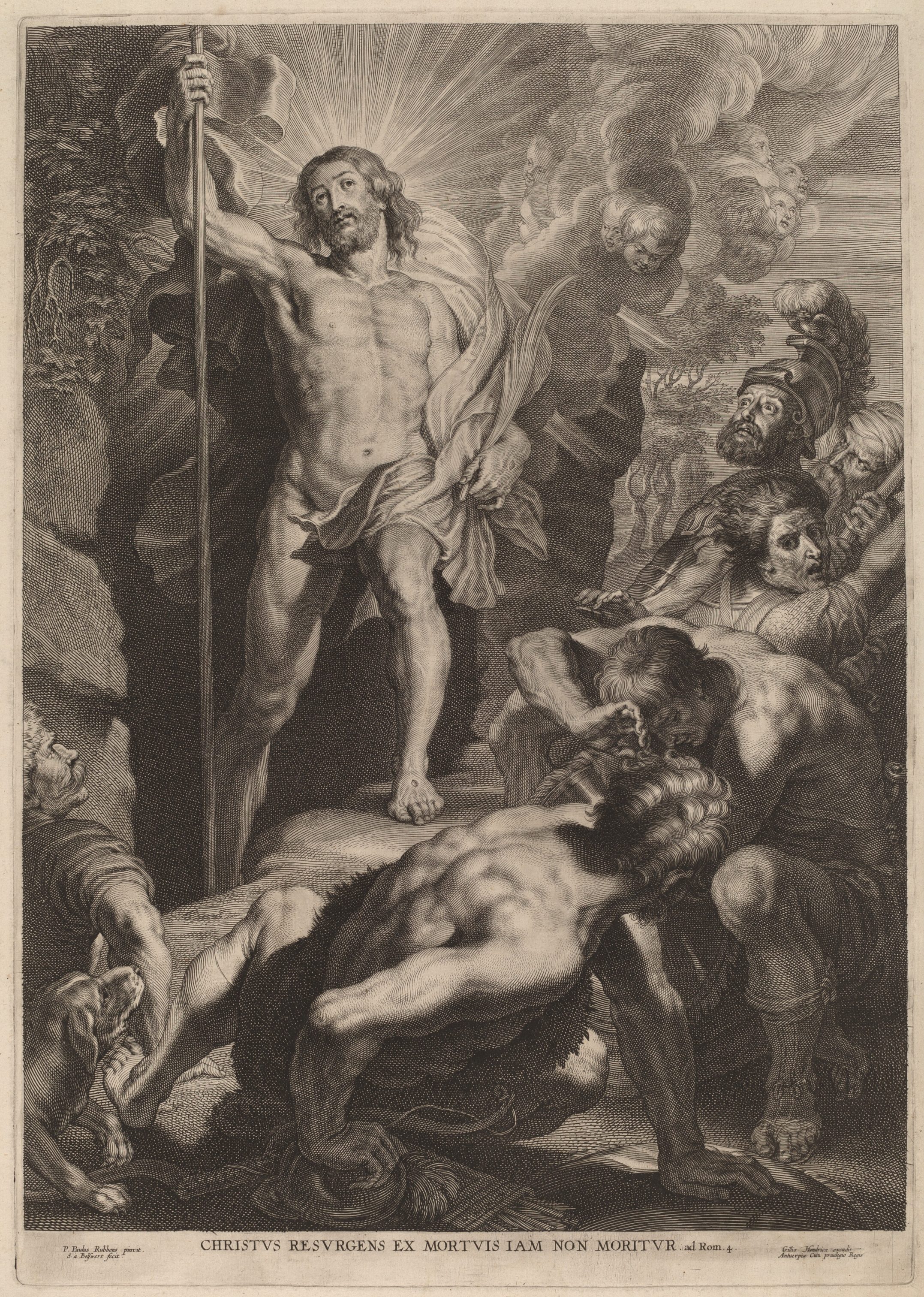
On October 22, 2025, a federal judge in Mississippi handed down one of the most significant rulings yet in the legal struggle over “gender identity” mandates. In State of Tennessee et al. v. Robert F. Kennedy, Jr., Secretary of Health and Human Services, Judge Louis Guirola declared that the Department of Health and Human Services (HHS) had exceeded its statutory authority when it redefined “sex discrimination” to include “gender identity” under the Affordable Care Act.
The ruling does more than settle a technical dispute about regulatory authority. While the court’s purpose was to determine whether HHS exceeded its legal authority, its conclusion coincides with a deeper truth I affirm as a Christian — that our bodies are not social constructs or psychological projections, but part of the created order.
The law, in this instance, has returned to reality.
The Case: Tennessee v. HHS
In 2024, the Department of Health and Human Services issued a sweeping regulation titled “Nondiscrimination in Health Programs and Activities.” The rule reinterpreted “sex discrimination” to include five categories: sex characteristics, pregnancy, sexual orientation, gender identity, and sex stereotypes.
That redefinition would have required states, hospitals, and insurance providers that receive federal funds to cover or perform “gender-affirming care” — including puberty blockers, cross-sex hormones, and surgeries — regardless of conscience or medical judgment.
Fifteen states, led by Tennessee, sued. They argued that the rule went far beyond the authority Congress gave HHS in Section 1557 of the Affordable Care Act, which prohibits discrimination “on the ground prohibited under Title IX of the Education Amendments of 1972.” And as the court noted, Title IX’s meaning of “sex” is biological, not ideological.
The plaintiffs weren’t asking for special treatment. They were asking that federal law mean what it has always meant: that “sex” refers to male and female — not to self-declared identities.
What the Court Decided
Judge Guirola’s 26-page opinion is a model of clarity. He ruled that HHS’s 2024 rule:
- Exceeded its statutory authority under Title IX and the Affordable Care Act.
- Misapplied the Supreme Court’s Bostock v. Clayton County decision, which concerned employment discrimination under Title VII, not healthcare or education.
- Was unlawful in its entirety and therefore vacated nationwide.
The opinion states plainly:
“Congress only contemplated biological sex when it enacted Title IX in 1972. Therefore, the Court finds that HHS exceeded its authority by implementing regulations redefining sex discrimination and prohibiting gender-identity discrimination.”
The judge further held that the refusal to perform or cover procedures for “gender transition” is not discrimination “because of sex.” As he explained, if a doctor performs mastectomies for women with breast cancer but declines to perform them for patients with gender dysphoria, the distinction is not based on the patient’s sex but on the diagnosis itself.
In other words: medicine is about biology, not ideology.
Bostock Doesn’t Apply Here
The court’s analysis directly confronts HHS’s reliance on the Supreme Court’s Bostock ruling, which found that firing an employee for being homosexual or transgender violates Title VII’s ban on sex discrimination.
But Bostock explicitly limited its holding to employment law and said nothing about education, healthcare, or the broader cultural questions now before us. Title IX, unlike Title VII, contains explicit sex-based distinctions — for locker rooms, dormitories, sports teams, and bathrooms. Those provisions would be meaningless if “sex” were redefined to mean “gender identity.”
As Judge Guirola noted, interpreting “sex” as “gender identity” would create legal chaos. Schools could no longer maintain separate facilities for men and women. Sports competition would lose integrity. In the healthcare context, even legitimate medical distinctions — like sex-specific treatments — could be labeled “discrimination.”
That is precisely what the rule attempted to do, and why the court struck it down.
A Restoration of Constitutional Balance
Beyond the immediate issue of gender policy, this ruling restores a key principle of constitutional government: agencies do not have unlimited power to redefine law by executive fiat.
Quoting recent Supreme Court precedent (Loper Bright v. Raimondo), the court affirmed that statutes “have a single, best meaning fixed at the time of enactment.” Agencies are servants of Congress, not substitutes for it.
This is a vital reminder that the administrative state cannot function as an ideological laboratory for social experiments. The judiciary has begun to reassert the boundaries of delegated power, curbing the long pattern of executive agencies imposing cultural revolutions under the guise of “civil rights enforcement.”
The court’s language is unmistakable:
“Agencies do not have unlimited power to accomplish their policy preferences until Congress stops them; they have only the powers that Congress grants.”
That line deserves to be remembered.
Reality, Restored to Law
The court’s approach to statutory interpretation is refreshingly rooted in reality. Citing 1970s dictionaries, Judge Guirola observed that “sex” was universally understood to refer to biological distinctions between male and female. There was no concept of “gender identity” in 1972 law — because there was no such category in common understanding.
As simple as that sounds, it’s revolutionary in today’s legal landscape. The court refused to participate in the linguistic shell game that has corrupted public discourse. It chose to honor what words actually mean.
The Cultural and Moral Stakes
This case is not just about regulatory overreach or administrative law. It’s about truth-telling in a time of cultivated confusion.
For over a decade, we’ve watched federal agencies, medical institutions, and activist networks work to erase the distinction between man and woman — replacing embodied reality with subjective identity. In medicine, this ideology has demanded that doctors violate conscience, that parents affirm medical harm, and that the state compel participation in a collective fiction.
From a Christian Viewpoint: Creation and the Meaning of the Body
From a Christian perspective, this ruling affirms something far deeper than statutory interpretation. It affirms the created order.
Scripture tells us that humanity was made “male and female” (Genesis 1:27), and that this distinction is not arbitrary but sacramental — a sign of the divine image itself. As Notre Dame Professor Abigail Favale has written, the difference between man and woman “is not about completion, but communion.”
When law denies that created truth, it participates in what St. Paul called “the exchange of the truth of God for a lie.” The lie of our age is that the self is sovereign, that the body can be remade at will, and that nature itself must yield to the will of the autonomous individual.
This ruling marks a step back from that precipice.
Rejecting the New Gnosticism
Modern gender ideology, at its core, is a revival of the ancient heresy of Gnosticism — the belief that the material world is an obstacle to true identity, that salvation lies in self-knowledge detached from embodiment.
The court, perhaps without intending to, has reaffirmed the opposite: that embodiment is integral to who we are. Our bodies are not meaningless matter to be “corrected” by technology; they are the visible expression of the person God created.
When the judge wrote that Title IX’s use of “sex” referred to biological distinctions, he was defending more than a word. He was defending a vision of human integrity — one that law, medicine, and theology once shared.
Law and Compassion: Not Enemies but Allies
Critics will call this ruling “cruel,” claiming it denies care to transgender patients. But compassion severed from truth is not compassion — it’s abandonment. To affirm someone in a self-damaging illusion is to cooperate with harm.
True compassion tells the truth even when it hurts. The court did not deny anyone’s humanity; it denied the government’s power to redefine humanity.
Christians must remember: Love without truth is sentimentality. Truth without love is cruelty. But love in truth is the only path to healing.
This ruling doesn’t forbid care; it forbids coerced compliance with an untruth.
The Broader Implications
This decision will likely be appealed, but its reasoning aligns with the broader judicial trend of rejecting agency-driven redefinitions of “sex.” Other courts — particularly in the Fifth and Sixth Circuits — have already pushed back against the Biden administration’s interpretations of Title IX and the Affordable Care Act.
If upheld, the Tennessee ruling will shape how federal law treats sex distinctions in medicine, education, and beyond. It signals the end of a bureaucratic era in which ideology could rewrite biology by regulation.
For Christians and others who believe in the moral coherence of creation, this is not a moment for triumphalism but for thanksgiving and vigilance. The cultural pressure to conform to unreality will not disappear overnight. But truth has a way of resurfacing, and in this case, through the language of the law.
Conclusion: Living in the Truth
Judge Guirola closed his opinion with a reminder:
“Neither Defendants nor this Court have authority to reinterpret or expand the meaning of ‘sex’ under Title IX.”
The law is at its best when it reflects the created order rather than attempting to erase it. For years, American jurisprudence has been asked to pretend that male and female are mere social scripts. This ruling breaks that spell. For now.
In the words of St. Irenaeus, “The glory of God is man fully alive.” To be fully alive is to live in the truth of what we are — body and soul, male or female, created and loved by God.
Source: THE UNITED STATES DISTRICT COURT FOR THE SOUTHERN DISTRICT OF MISSISSIPPI
+++
Stay Human

